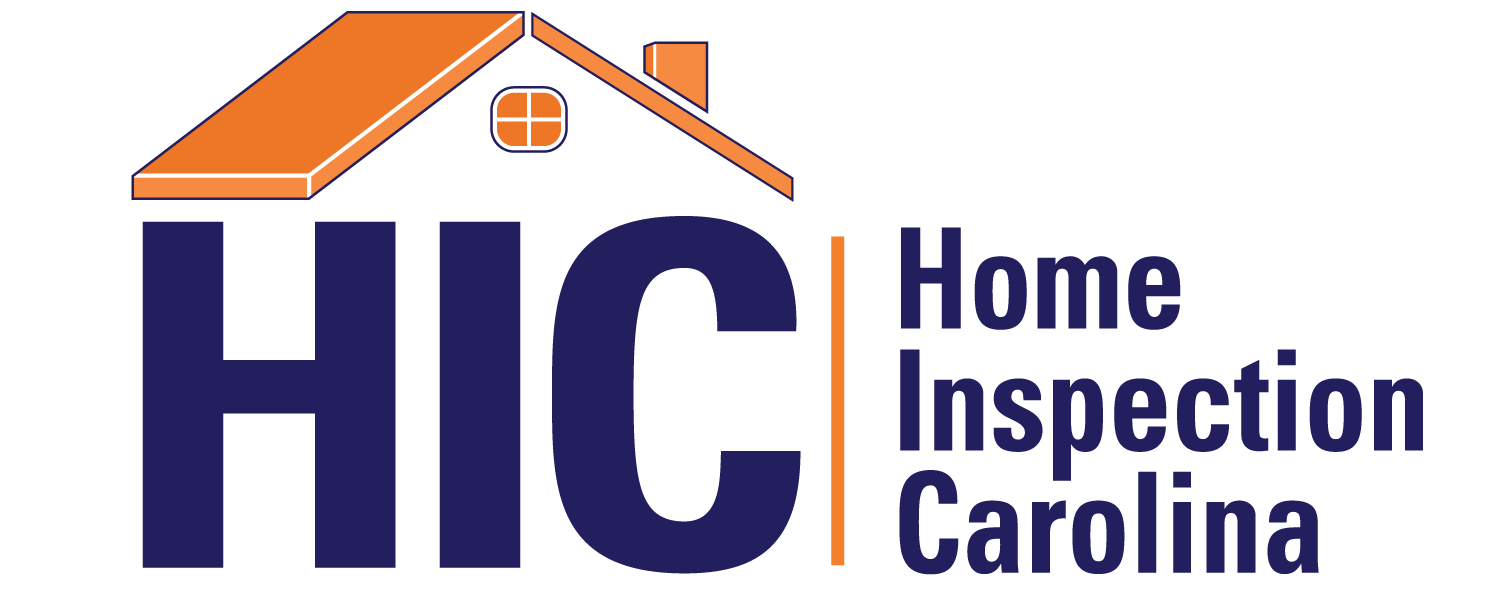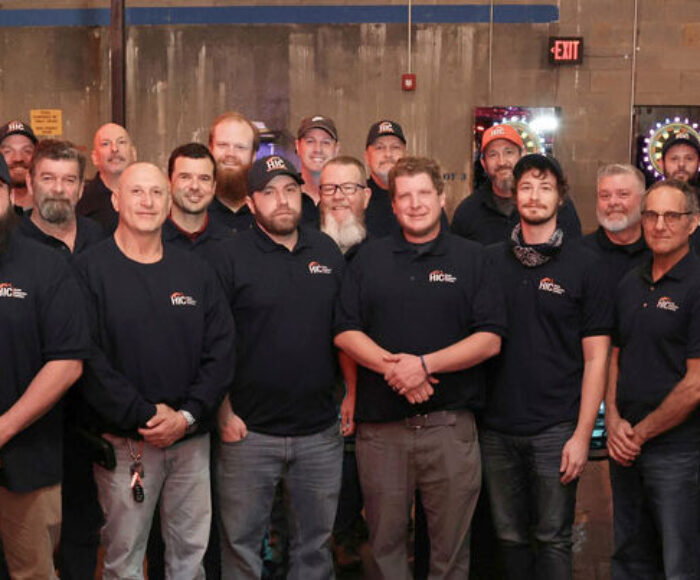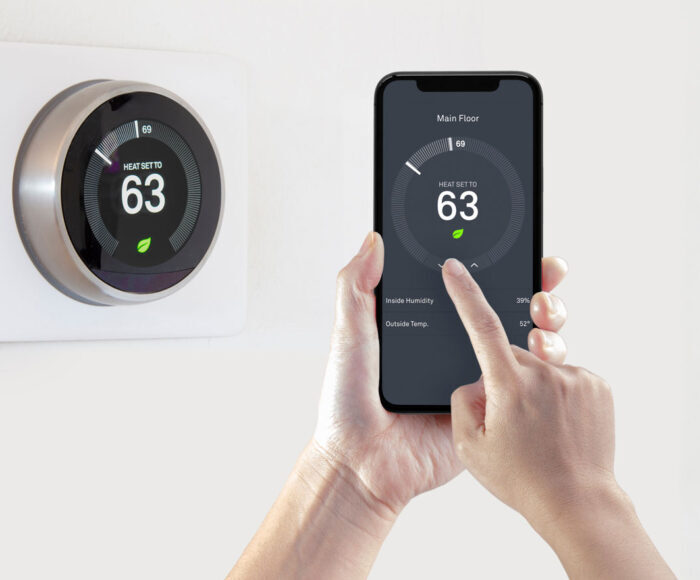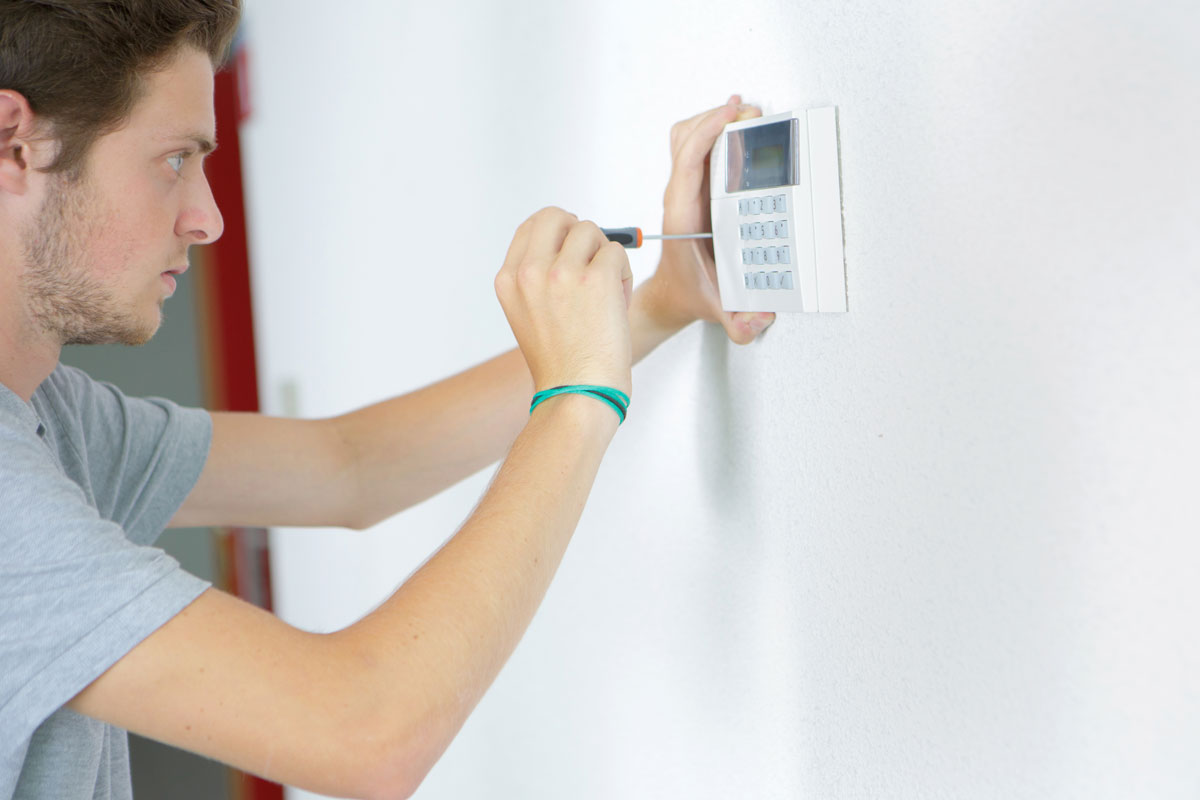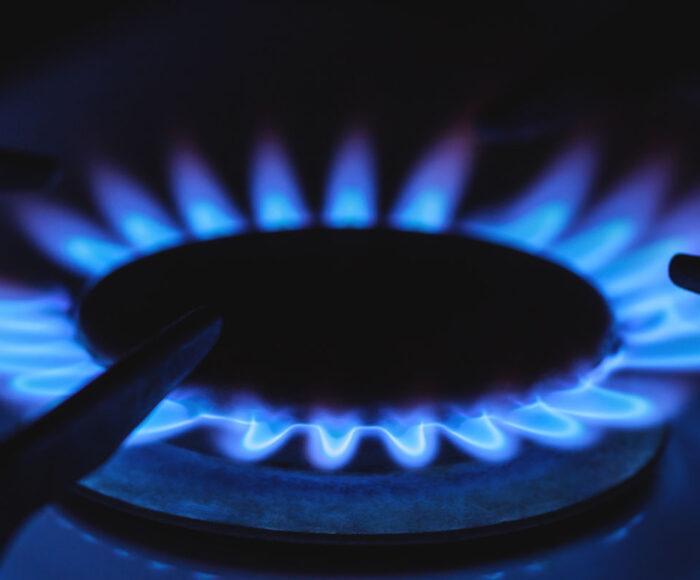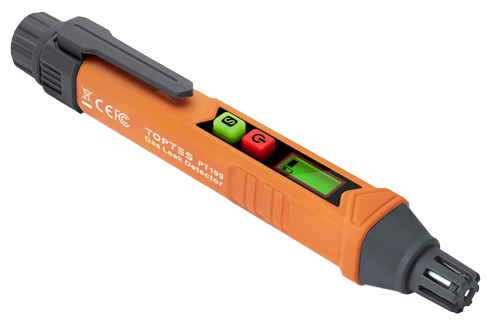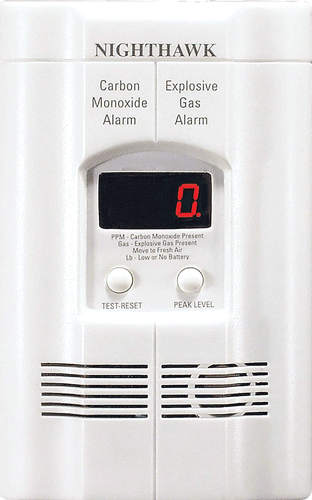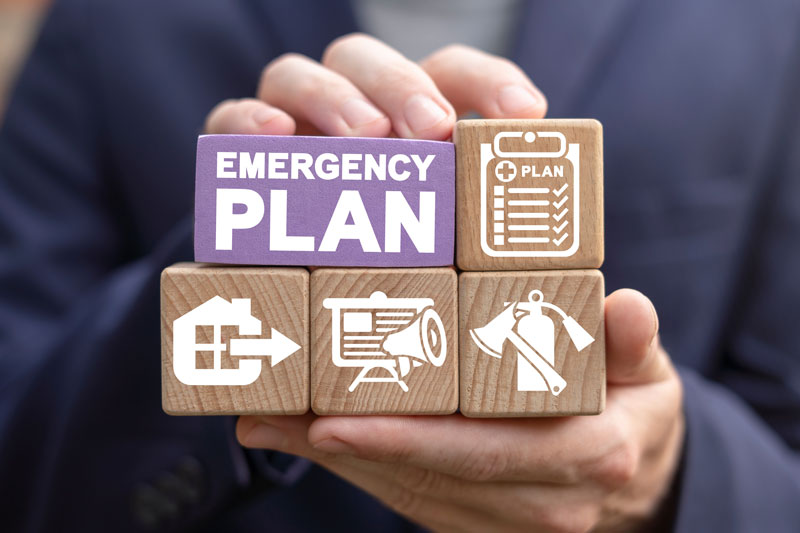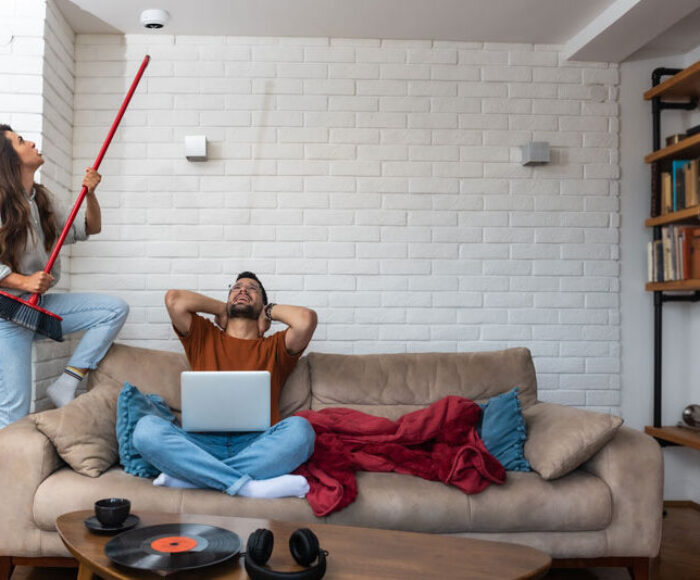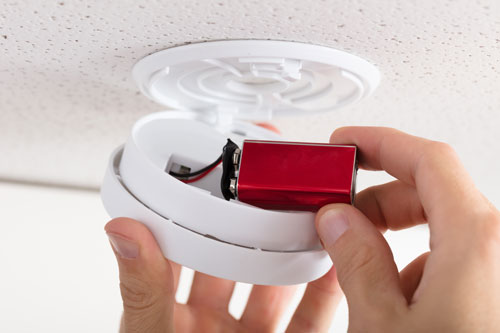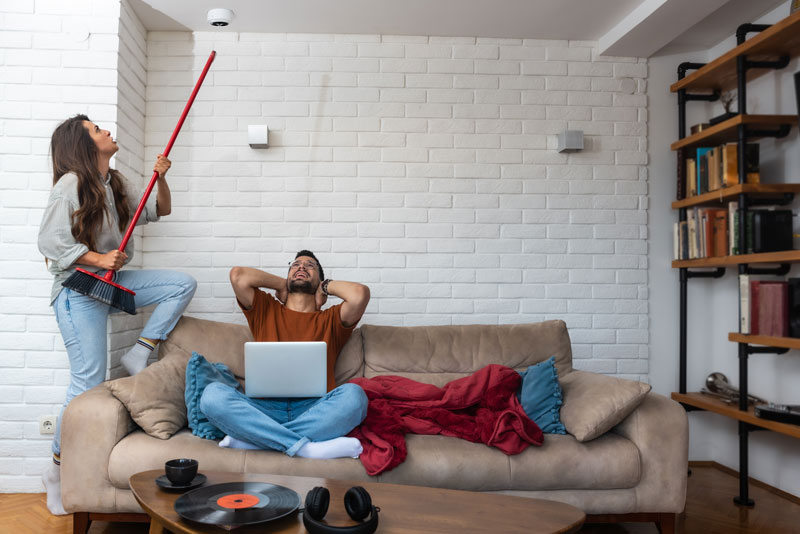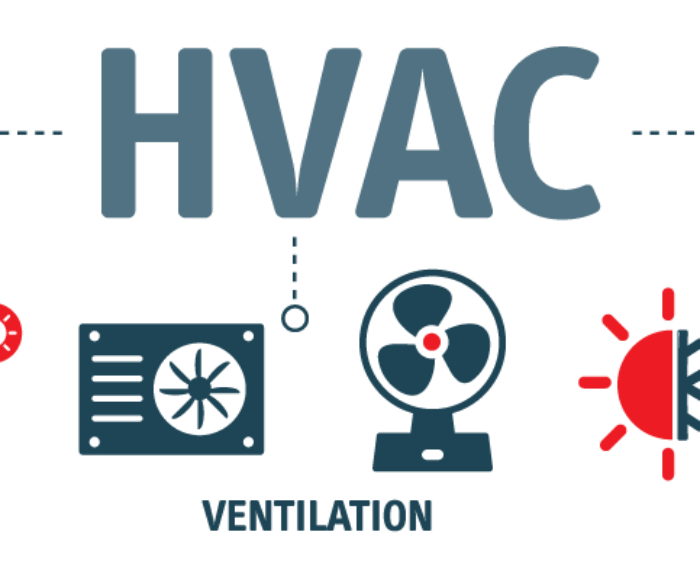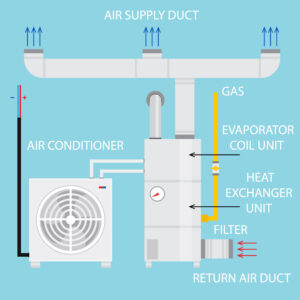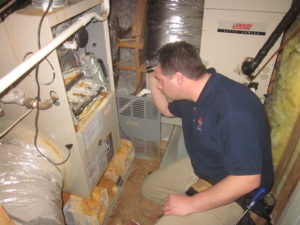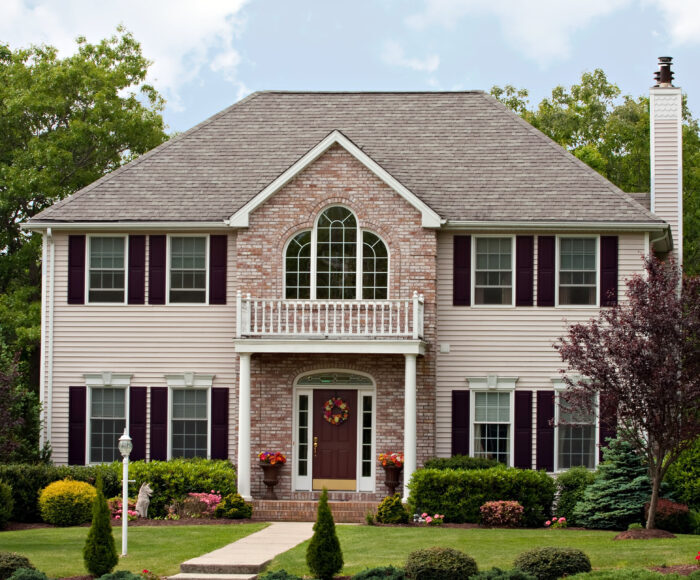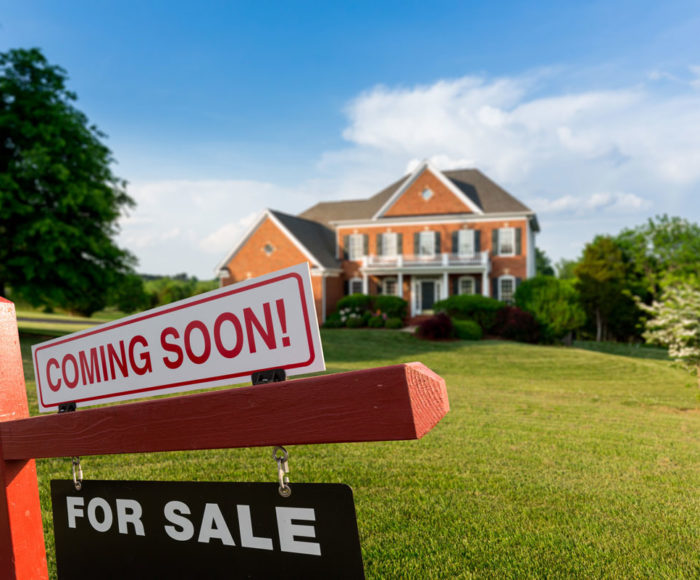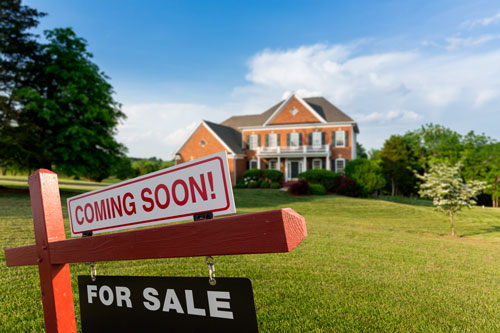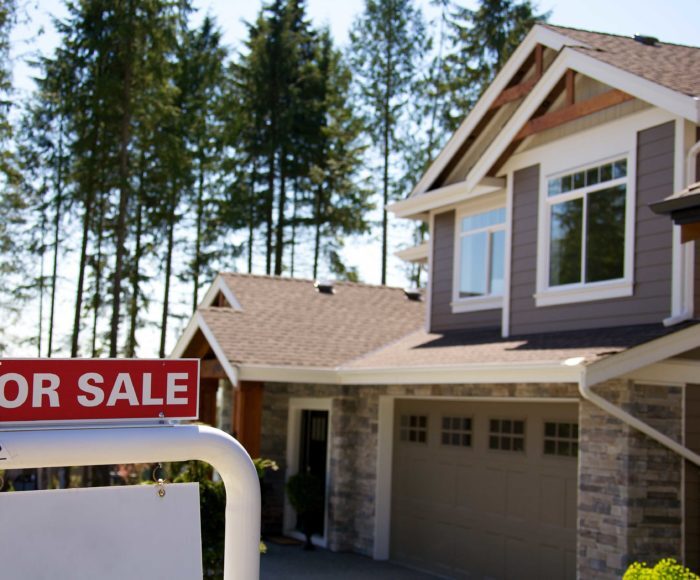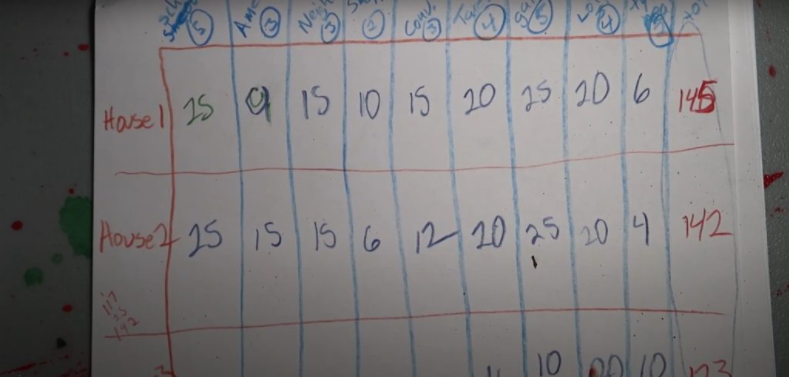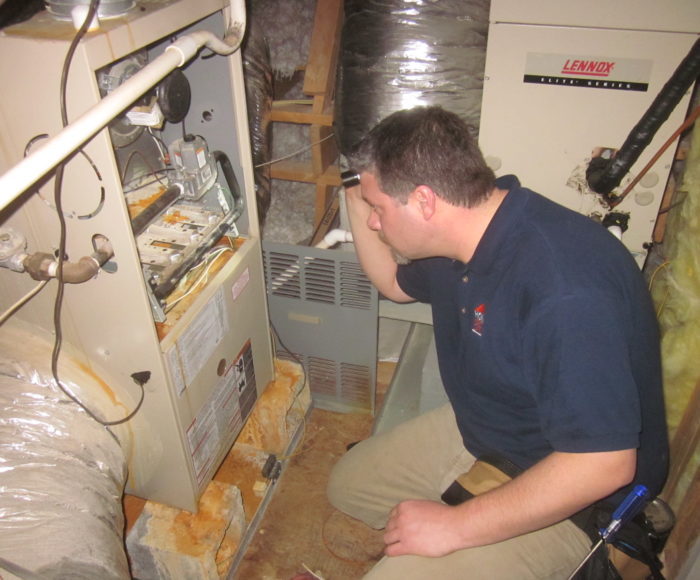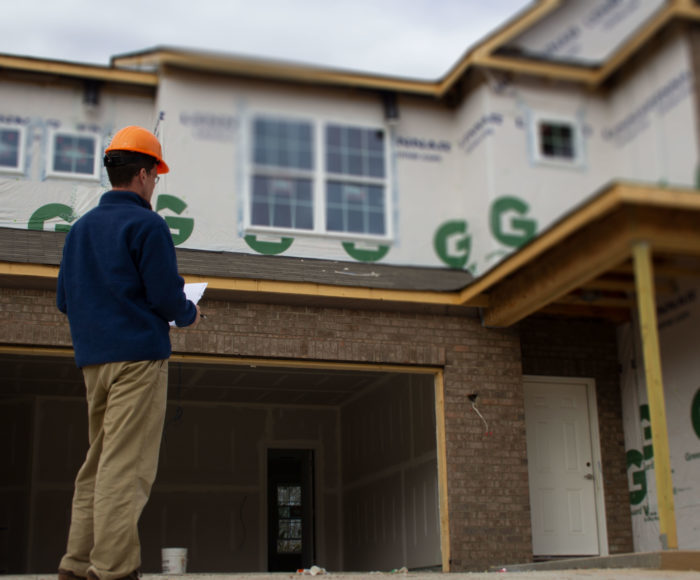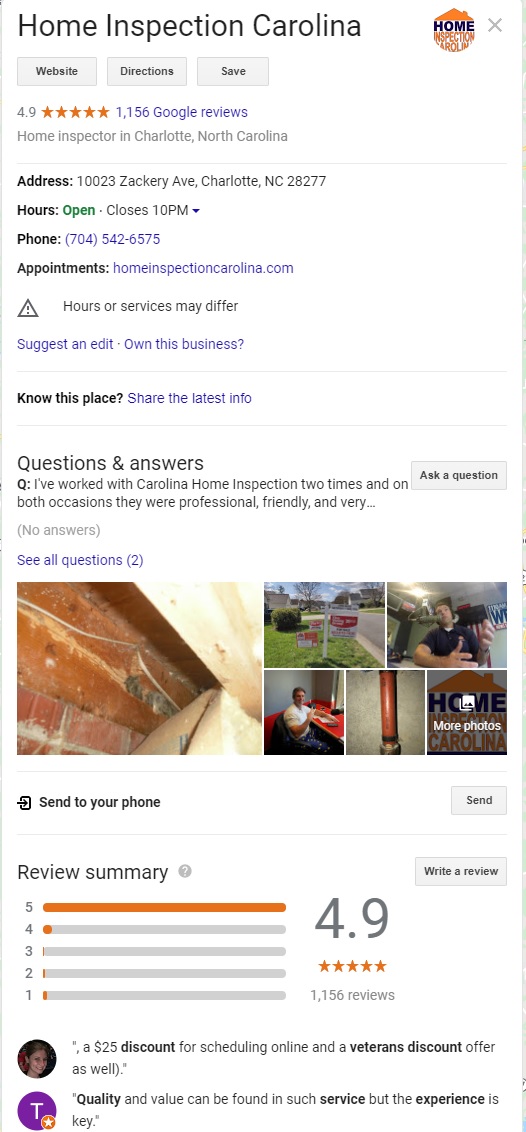Choosing the Right Home Inspection Company for You
Choosing the Right Home Inspection Company for You
Navigating the process of buying or selling a property can be daunting, but an essential step you can’t afford to overlook is the home inspection. This comprehensive guide shines a spotlight on the critical role of choosing the right home inspection company, emphasizing the distinction between standard services and premier providers like Home Inspection Carolina. Discover why investing in a quality home inspection service is pivotal for making informed decisions about your property.
Understanding The Home Inspection
A home inspection acts as a thorough examination of a property’s condition, assessing everything from structural integrity to HVAC systems. Understanding the scope and significance of home inspections allows buyers and sellers to identify potential issues that could impact the property’s safety, functionality, and overall value.
The Significance of Opting for Quality Home Inspection Services
The difference between a basic home inspection and a detailed one can dramatically influence property transactions. A meticulous home inspection offers invaluable insights, revealing hidden defects and ensuring the property meets certain standards, thus facilitating informed decision-making and considerable savings down the line.

Standard vs. Premium Home Inspection Companies
While the market is flooded with companies offering home inspection services, not all deliver the same level of thoroughness and expertise. This section underscores what sets premium services like Home Inspection Carolina apart from the rest.
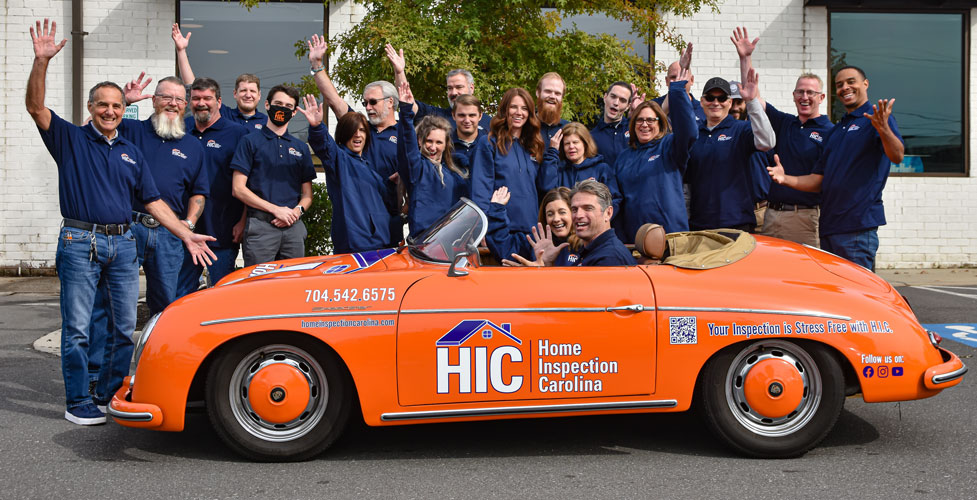
What Sets Home Inspection Carolina Apart
Advanced Certification and Expertise
What distinguishes Home Inspection Carolina is its unwavering dedication to certification across all offered services, ensuring a team of highly specialized and qualified inspectors. This commitment to excellence is evident in their detailed and informative inspection reports, equipping homeowners with the knowledge to make well-informed decisions.
Expert Inspectors and Quality Reports
Their team comprises expert inspectors who bring a depth of knowledge and attention to detail to each inspection. This expertise translates into comprehensive quality inspection reports, enabling homeowners to make well-informed decisions. Such reports are instrumental in understanding the property’s condition, identifying both minor and major issues that could impact the home’s value or require immediate action.
The High Cost of Low Prices
Opting for cheaper home inspection services might appear budget-friendly initially but could lead to overlooking significant property defects. In contrast, investing in reputable services with deep knowledge ensures a comprehensive property assessment, saving future costs and complications. Thus, the quality of the home inspector matters.
Checking Credentials and Reviews
Prior to hiring a home inspection service, verifying the inspector’s credentials and consulting Google reviews are essential steps. These measures help assess the reliability and professionalism of the service, ensuring you receive a thorough and accurate property evaluation.
Price Shouldn’t Be the Only Deciding Factor
While budget considerations are important, the choice of a home inspection service should not be based solely on price. Premium services like Home Inspection Carolina offer detailed assessments that are crucial for understanding a property’s condition, representing a wise investment compared to the potential costs of undetected issues.
Conclusion
In the complex world of property transactions, the importance of a reliable home inspection cannot be understated. Choosing a premium service like Home Inspection Carolina ensures a level of scrutiny, expertise, and reporting that empowers property owners to make sound decisions. When it comes to property inspections, prioritizing quality and thoroughness provides clarity, confidence, and, ultimately, considerable savings. For more information or to schedule an inspection, contact us today.
